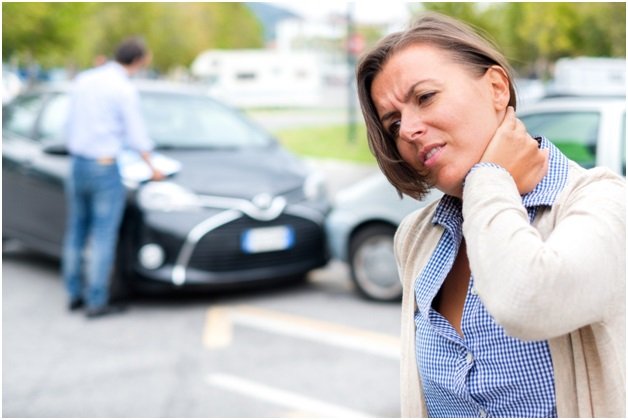Over 3 million people are injured in car accidents each year. These accidents impose more than $75 billion in damages from medical costs and lost productivity.
Safe driving practices can reduce your risk of becoming involved in a car accident. However, even the safest drivers fall victim to unsafe road conditions or other drivers’ reckless behavior.
Thus, protecting yourself also means planning ahead and knowing what to do after a car accident.

Read on for the five most important steps to take when you’re injured in a car accident.
-
Call 911
Your most important priority after an accident must be your well-being and the well-being of your passengers. Calling 911 as soon as you are able ensures the quick arrival of emergency medical services.
Calling 911 also makes an official record of the accident and sets a law enforcement investigation in motion.
During your call, inform the dispatcher of your location using landmarks, road signs, and mile markers. Also report suspected injuries and hazards, like leaking fuel tanks.
-
Get to Safety
If you or a passenger are seriously injured, it’s best not to move unless absolutely necessary. Sometimes, though, the accident scene itself is unsafe.
If the vehicle is on fire or leaking fuel, evacuate yourself and your passengers immediately.
If the accident occurred on a busy highway and you’re able, also consider driving to the side of the road while you wait for help.
-
Gather Information at the Scene, but Be Careful What You Say
At the scene, be sure to gather contact information from everyone involved in the accident and from bystanders. You’ll need to share your contact and insurance information with the other driver as well.
Beyond this basic information, though, it’s important to watch what you say while waiting for help and in the later aftermath of an accident. Anything you say can be used against you by law enforcement, the insurance companies, or the other party to the accident.
It’s usually best, therefore, to say as little as possible. Under no circumstances should you admit fault—even if you think you were to blame. Instead, allow the police investigation to determine the circumstances of the accident.
Also avoid assessing your injuries in public. Again, allow the experts—in this case, medical experts—to assess your condition.
If you’re physically able, though, you should make notes and take photographs of as many details of the accident as possible. Keep these records for yourself. They can help your personal injury lawyer to formulate a claim for compensation.
-
Seek Medical Help
A car accident injury isn’t the time to be brave. Do not refuse medical help at the scene of the accident. The other party’s car accident lawyer will be happy to use such a refusal of treatment against any later claim you might make.
Also be sure to seek medical attention at the nearest emergency or urgent care facility. If the attending EMTs want to transport you via rescue squad, go with them. If not, take yourself—or have a family member take you—later the same day.
As your care proceeds, the same advice remains: Don’t refuse treatment. Be diligent about attending doctor’s appointments and physical therapy sessions. Again, the other driver’s personal injury attorney can use any lapses in this regard against you.
-
Call a Lawyer—Then Your Insurance Company
Notifying your insurance company promptly of an accident protects your coverage. However, your first call should be to a lawyer, like this personal injury service.
A personal injury lawyer will represent your needs to the insurance company, law enforcement, and the other driver’s legal team. No matter who was at fault, your lawyer will seek your best interests.
Injured in a Car Accident? The Road to Recovery Runs Through These Steps
When you’re injured in a car accident, it can be difficult to think straight. That’s why it’s important to make a plan in advance. The five steps above should be part of your post-accident plan.
Whether you’re navigating the road to recovery or the road of life, count on our blog for the best advice.




